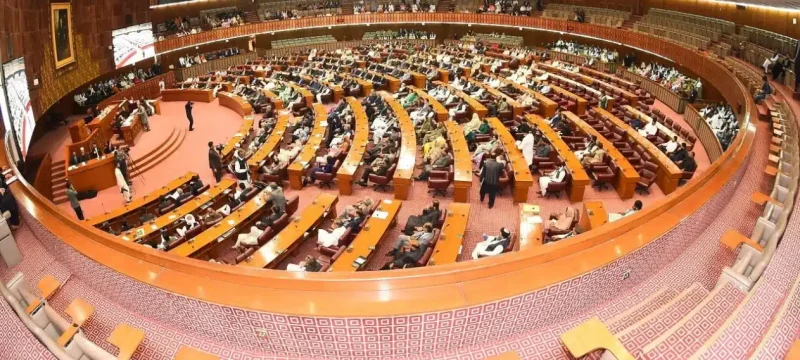The process of government formation and allocation of specific seats in the provincial assemblies following the February 8 general elections in Pakistan is now underway. The Election Commission of Pakistan (ECP) has provided guidelines for distributing reserved seats among successful political parties and for the formation of government.
In the Punjab Assembly, which has a total of 371 seats, including 297 general seats, 66 seats reserved for women, and 8 seats reserved for minorities, a party needs 186 seats to form a government. Reserved seats for women are allocated at a rate of 4.5%, and seats for minorities are allocated at a rate of 37.12%.
In the Sindh Assembly, with a total of 168 seats, including 130 general seats, a party needs 85 seats to form a government. Reserved seats for women are allocated at a rate of 4.48%, and seats for minorities are allocated at a rate of 14.44%.
Also Read: Elections were Robbed not Stolen in Karachi says Sirajul Haq
In the Khyber-Pakhtunkhwa (K-P) Assembly, with a total of 145 seats, including 115 general seats, a party needs 73 seats to form a government. Reserved seats for women are allocated at a rate of 4.42%, and seats for minorities are allocated based on one seat for every 29 general seats.
In the Balochistan Assembly, with a total of 65 seats, a party needs 33 seats to form a government. Reserved seats for women are allocated at a rate of 4.63%, and seats for minorities are allocated based on one seat for every 17 general seats.
The distribution of reserved seats among political parties is based on their performance in the general elections, with certain seats also allocated to independent candidates joining political parties. This process ensures representation for women and minorities in the provincial assemblies.









